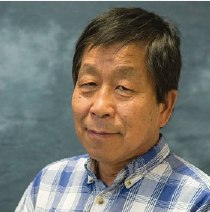 |
Prof. Nobuhisa Kobayashi is a leading expert in coastal engineering with a focus on coastal processes, wave dynamics, and sediment transport. His work extensively covers coastal protection structures, beach erosion, dune dynamics, and storm surge impact assessment. He applies numerical modeling and experimental methods to study the effects of waves, tides, and hurricanes on coastal areas and infrastructure. |
Prof. Nobuhisa Kobayashi
Professor of Coastal Engineering, University of Delaware, USA
Prof. Marcel van Gent
Professor of Coastal Structures at TU DelftDepartment Coastal Structures & Waves at Deltares, Netherlands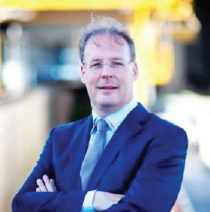 |
Prof. Marcel van Gent is a leading authority in coastal structures and wave mechanics. His research focuses on the design and analysis of coastal and hydraulic structures, the interaction between waves and structures, and the hydraulic performance and stability of coastal defenses. His work aims to improve the safety and sustainability of coastal infrastructure in response to rising sea levels and climate change. |
Keynote Title: "Recent research and new challenges in designing climate-adaptive coastal structures"
Prof. Harshinie Karunarathna
Professor at Coastal Engineering at Swansea University, UK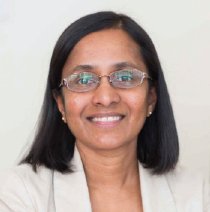 |
Prof. Harshinie Karunarathna is an expert in coastal morphodynamics, with a focus on understanding how coastal systems evolve under the influence of waves, tides, and extreme weather events. Her research aims to provide insights into coastal hazards, erosion, and long-term shoreline changes, using both numerical modeling and field data. Her work supports coastal adaptation and resilience planning, helping coastal communities manage risks associated with climate change and sea-level rise. |
Keynote Title: "Computational coastal modelling within the AI frontiers"
Dr. Stephan Gollascha & Dr. Matej Davidb
aSenior Researcher at GoConsult, Independent Researcher, Germany bProfessor at the Faculty of Maritime Studies, University of Rijeka, Croatia |
Dr. Stephan Gollasch is a renowned marine biologist specializing in aquatic ecology, with a primary focus on ballast water management and invasion biology. His pioneering research began in the early 1990s when he participated in the first European ship sampling program for ballast water, tank sediments, and ship hull fouling. His Ph.D. is globally recognized as the first dissertation based on ballast water sampling. Having been involved in various EU-funded research projects non-indigenous species and their introducetion vectors for almost 20 years, he is currently busy contributing to the review of the Ballast Water Management Convention and conducts onboard biological Comissioning Tests of Ballast Water Management Systems according to IMO requirements as well as Vessel General Permit Tests according to United States Coast Guard requirements. | |
 |
Dr. Matej David conducts research and consultancy predominantly at international level in the field of ballast water management (ballast water sampling, risk assessment and management, decision support systems, ballast water management systems). His doctoral degree in the field of maritime transport with developing a worldwide new approach with a ballast water management decision support system based on risk assessment, which was recently recognised also by the International Maritime Organisation (IMO) as way to proceed to support the coordinated implementation of the BWM Convention. |
Keynote Title: "The Ballast Water Management Convention Fully in Force Since a Year - What Can We Expect?"
Prof. Thomas Lykke Andersen
Associate Professor of Coastal Engineering at Department of the Built Environment of Aalborg University, Denmark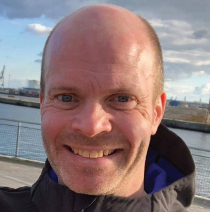 |
|
Prof. Thomas Lykke Andersen research focuses on coastal engineering, particularly related to hydraulic model testing and design of coastal structures. Recently he has focused on wave structure-interaction in shallow water and especially on stability and overtopping of rubble mound structures. Development of state-of-the-art experimental methods to generate, absorb and analyse nonlinear waves has been a key element to achieve this goal. |
Keynote Title: "Recent advances in hydraulic model testing techniques"
Prof. Conceicao Juana Fortes
Principal research officer from National Laboratory for Civil Engineering, Lisbon, Portugal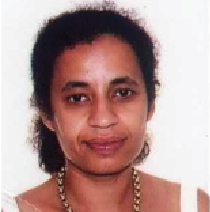 |
Prof. Conceição Juana Fortes with over 27 years of experience in coastal and maritime engineering spans a broad range of topics, including coastal hydrodynamics, wave-structure interaction, and flood risk management. Her expertise includes developing numerical models for coastal processes and managing projects related to climate change impacts on coastal zones, focused on extreme wave conditions on breakwaters. Her research plays a crucial role in improving the design and resilience of coastal infrastructure against extreme weather events. |



